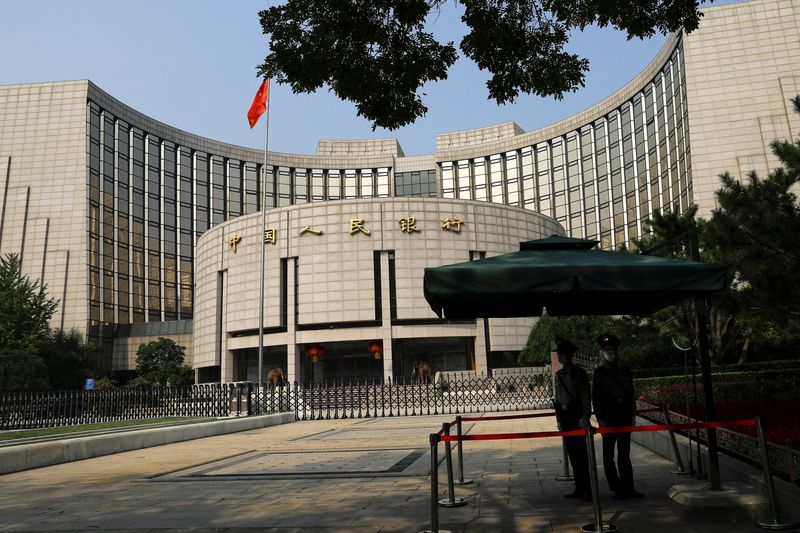Investing.com’s stocks of the week
By Joe Cash
BEIJING (Reuters) - The value of Chinese debt relief decreased by over 50% between 2021 and 2022, a report from Rhodium Group showed, with Angola alone receiving two thirds of deferrals despite China backing multilateral efforts to standardise support for poor countries.
As the world's largest bilateral creditor, China is central to talks on making tangible progress in providing debt relief to emerging and frontier markets through the Group of 20-led "Common Framework" as well as the World Bank and International Monetary Fund (IMF).
New sovereign debt negotiations and zero-interest loan write-offs involving Chinese creditors totalled $19 billion in 2021, the report said, although that dropped to $9 billion in 2022 and to $1.7 billion in 2023 through April, a total drop of over 90%.
Thursday's report also found that while China extended welcome support to multilateral initiatives set up during the COVID-19 pandemic to expedite and simplify the process of getting indebted countries back on their feet, Chinese officials continued to negotiate suspension agreements bilaterally and concentrated debt relief in a handful of countries.
China deferred an estimated $8.2 billion in payments in 2020 and 2021, but around $5 billion went to Angola alone, with Pakistan receiving approximately $1 billion in deferrals, followed by Kenya and the Republic of Congo, the research organisation said.
And although debtor countries did secure a large volume of deferrals in 2021 - the year the World Bank's Debt Service Suspension Initiative (DSSI) morphed into the G20's Common Framework - that fails to explain fully the sharp drop in the value of Chinese debt relief since.
Zambia and Chad have struck deals with their creditors enabling the IMF to disburse further funds, but Ethiopia and Ghana are still seeking prerequisite restructuring reassurances, which China, as each country's largest bilateral lender, has been reluctant to offer.
Rhodium Group's report found Chinese assistance to "slow both the arrival of IMF funding as well as ultimate debt restructuring agreements, and current negotiations are no exceptions," adding that the pace of negotiations "does not show China's financial institutions moving with alacrity."
China's most visible action on debt relief was writing off zero-interest loans, the report added, while warning that fewer such loans will be available for China to write off in the coming years.
